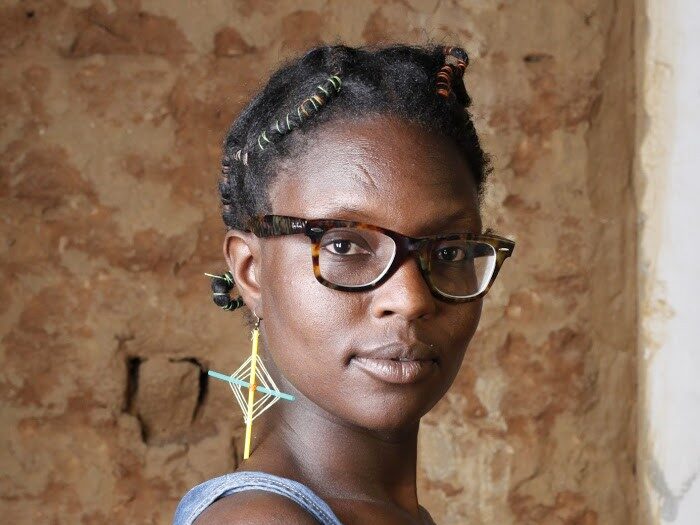Pre-June Sessions takes place every Wednesday evening at the ABF-huset, Stockholm in the lead-up to June. Some of these will be hybrid events held in English for an international audience.
Pre-June Sessions
Previous sessions
Filter
Wednesday 13 April, 18-20 CET
Food in Times of Crisis
Wednesday 13 April
ABF-huset, Sveavägen 41, Stockholm (Venue Hjärtat, Ground floor)
18-19 CET: In English
19-20 CET: In Swedish
To address the food issue, Stockholm+50 Peoples Forum organizes a pre-June session on the 13 of April at 18:00 Stockholm time, CEST summer time. (17:00 London time and 16:00 UTC). The hybrid meeting will be in two parts, the first in English on Food Sovereignty and the world order, the second in Swedish stating that without farmers there is no civil contingency. It is held in conjuction with the International farmers struggle Day 17 April.
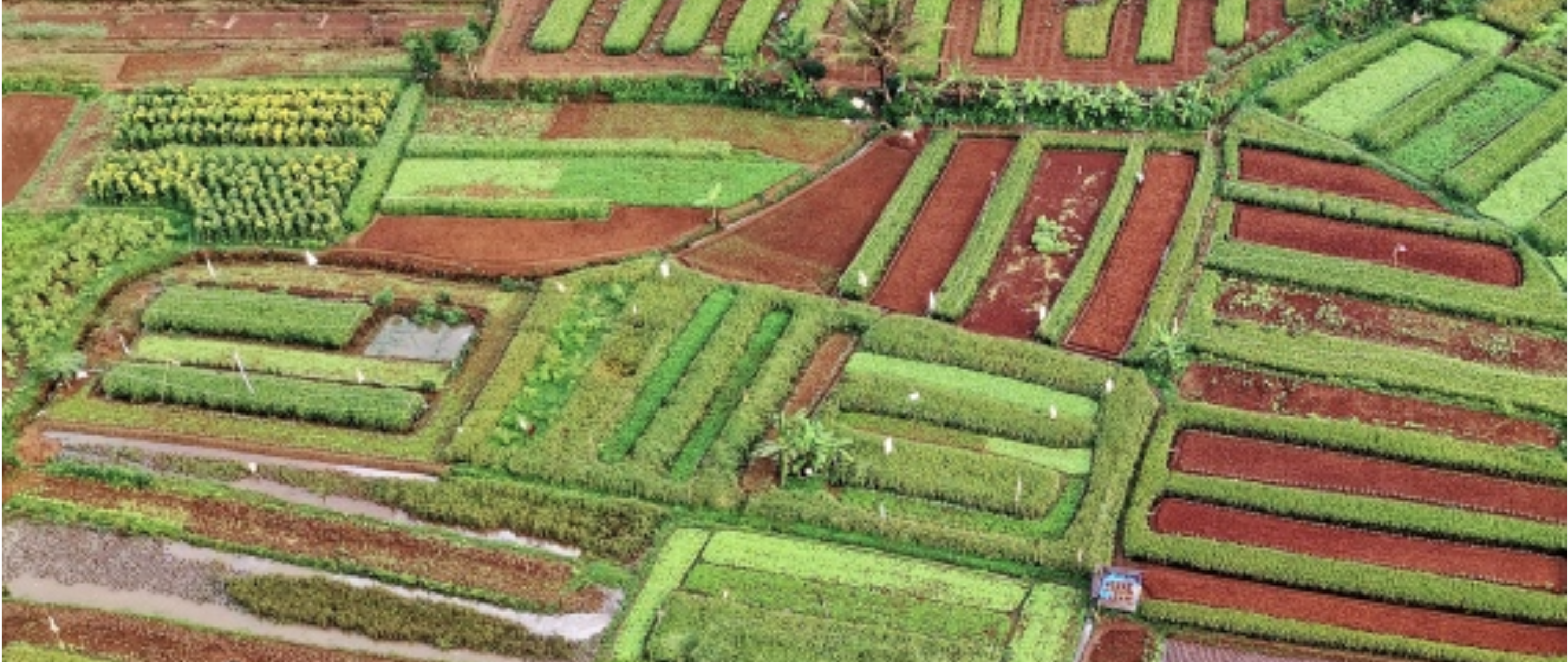
How can we make sure that people get food – especially in times of crisis? The current global food system depends heavily on fossil fuels, fertilizers and a handful of crops, much of which comes from Russia and Ukraine. The Russian war against Ukraine and the subsequent Western sanctions against Russia have already caused a spike in food prices and many warn that this is just the beginning of a serious global food crisis. The UN already reports substantial cuts in their food programs for starving people, eg in Yemen and the Horn of Africa. This, together with the climate crisis, has sparked an interest also in the West for food both in terms of how to be prepared for a crisis and for the risks of globalization of the food market, agriculture industry and supply chains.
Food has been an issue addressed strongly by peoples movement both in terms of the need to protect the right and possibility of each nation to sustain their own population with their basic needs called food sovereignty and as essential for civil contingency in case of crisis or war. Internationally the food sovereignty movement was born at a meeting in Mali 2007. It has been followed by many regional and national networks promoting cooperation for strengthening agroecology and ways of raising the level of more resilient food self-sufficiency. It has been promoted by the international peasant organization Via Campesina and other peoples movement like Friends of the Earth. When the corona crisis hit the world food sovereignty became an important issue for very many international movements.
Food Sovereignty and the world order
18-18.50 CET (in English): Introduction by the speakers and a dialogue with the audience at ABF and via Zoom.
Pat Mooney
ETC Group, Right Livelihood Awardee and International Expert Panel on Sustainable Food Systems (IPES-Food)
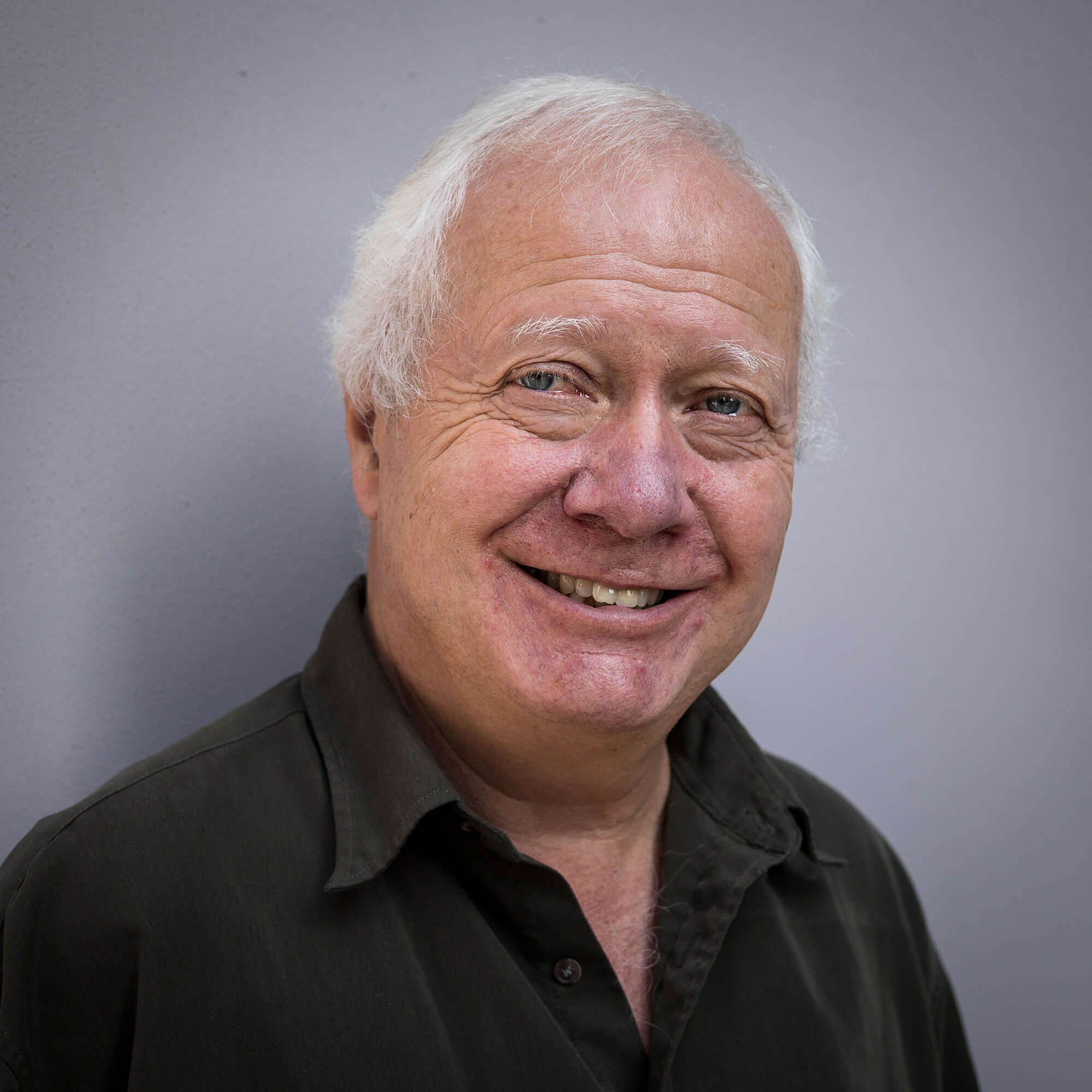
Maximilian Isendahl
Farmer and forest owner, NOrdBruk/Via Campesina Sweden
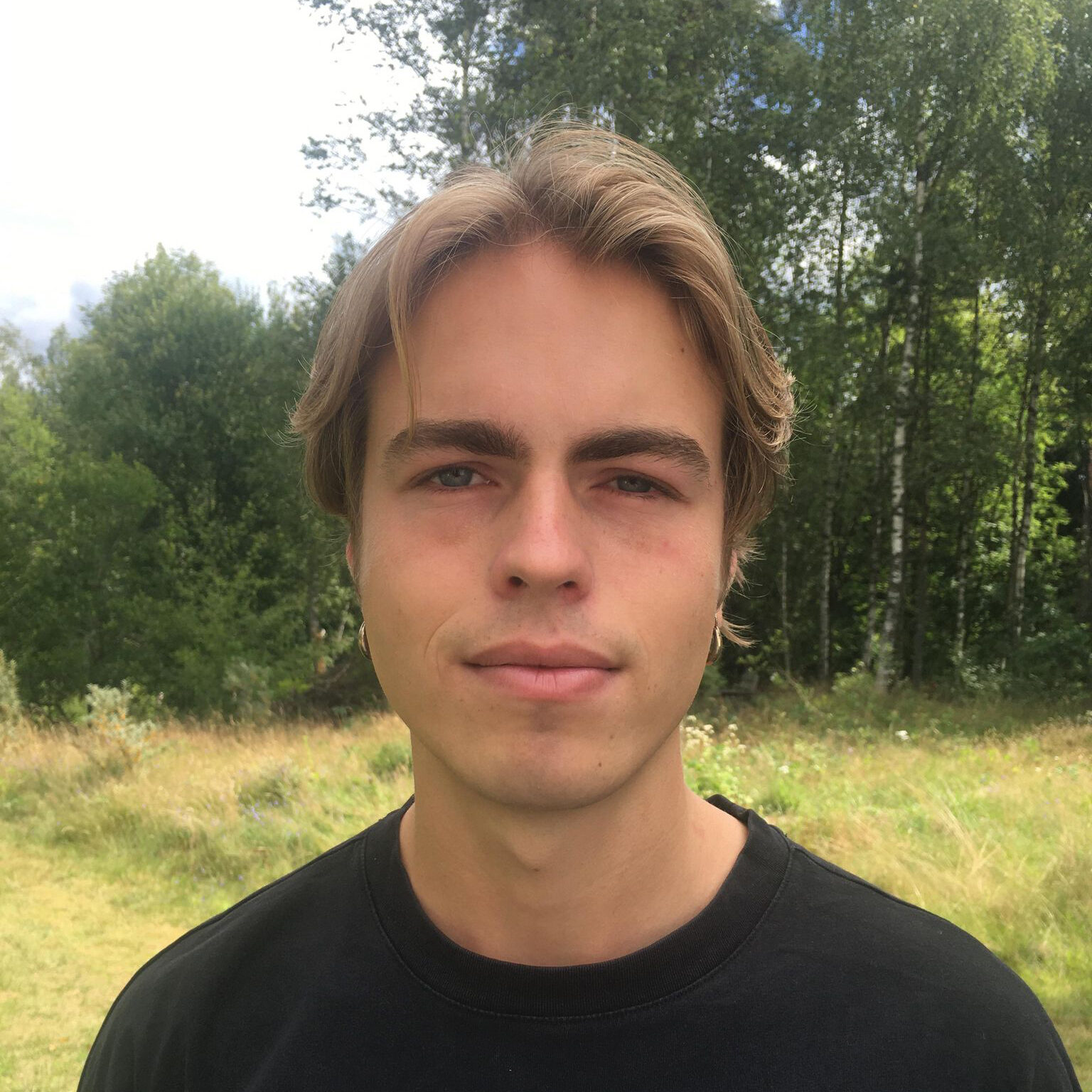
Hommage to Torgny Östling
18.50-19 CET: Homage to the former chair of NOrdBruk who died last year while working in is forest
Utan bönder ingen civil beredskap (Without farmers there is no resilience)
19-20 CET (in Swedish): Eva Jonsson introduces the topic in dialog with the facilitators and the audience. Ellie Cijvat reports from the SOL network tour from Torfolks gård in Värmland.
Eva Jonsson
NOrdBruk
Ellie Cijvat
Aktiv i SOL nätverket (Stad och land) och sammankallande i Jordens Vänners bonde och urfolksutskott
Facilitation
Annika Lillemets, Afrikagrupperna
Tord Björk, Stockholm +50 Folkets Forum
Jorunn Hellman, Jordens vänner
Wednesday 30 March
50 years of intertwined crises and struggles
What have we learned across movements? What does it take to mobilize the necessary force for change?
Wednesday 30 March
ABF-huset, Sveavägen 41, Stockholm (room Hjärtat, entréplan)
18-19.30 (Hybrid part with Zoom and audience at ABF-huset)
19.30-20: Continued discussions at ABF-huset
In June, governments are gathering in Stockholm to commemorate the fifty year anniversary of the original UN Stockholm environment conference. As then, civil society and social movements will meet before and in parallel to formulate much sharper critiques and more far-reaching, transformative agendas for change.
In the lead-up, join us for a vibrant session where we reflect on civil society successes and challenges across decades – and what it takes to mobilize the necessary force for change.
Panelists
Asad Rehman
War on Want/COP 26 Coalition
Asad Rehman currently heads War on Want and before that Friends of the Earth International’s climate work. He has more than a quarter-century experience of activism spanning anti-war mobilisation, human rights, anti-racism and climate justice. He’s working towards a world that sees all issues—climate change, economic and social injustice as interconnected and is stretching the ideas around a Green New Deal to embody a truly global equity and justice approach.
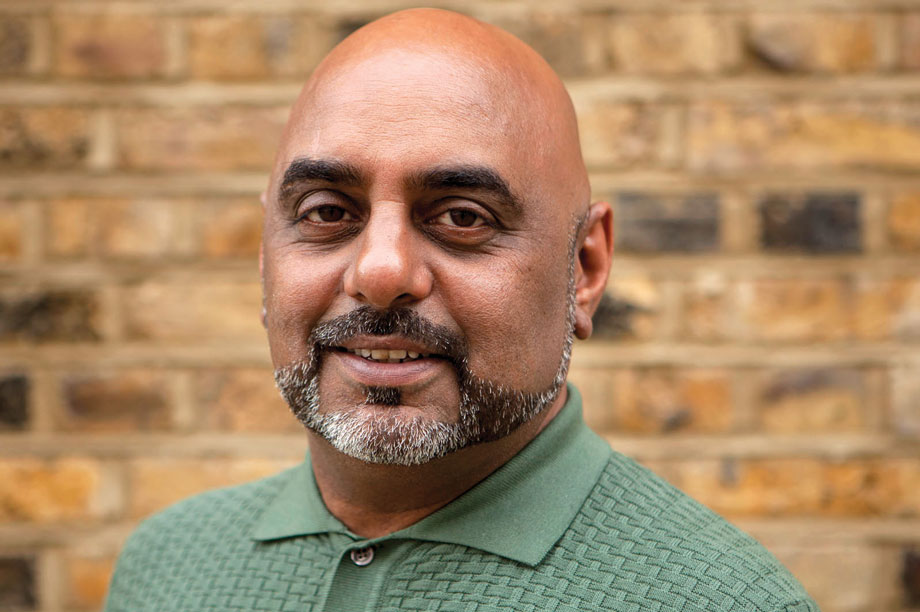
Lidy Nacpil
Asian Peoples Movement on Debt and Development
Lidy Nacpil fought the Marcos dictatorship in the Philippines, pioneered struggles against corporate-led globalisation and debt and is a key leader in the struggle for fair shares, climate justice and reparations of climate debt. She currently leads the Asian Peoples’ Movement on Debt and Development and plays an instrumental role in the Campaign to Demand Climate Justice and several other peoples movements and networks.
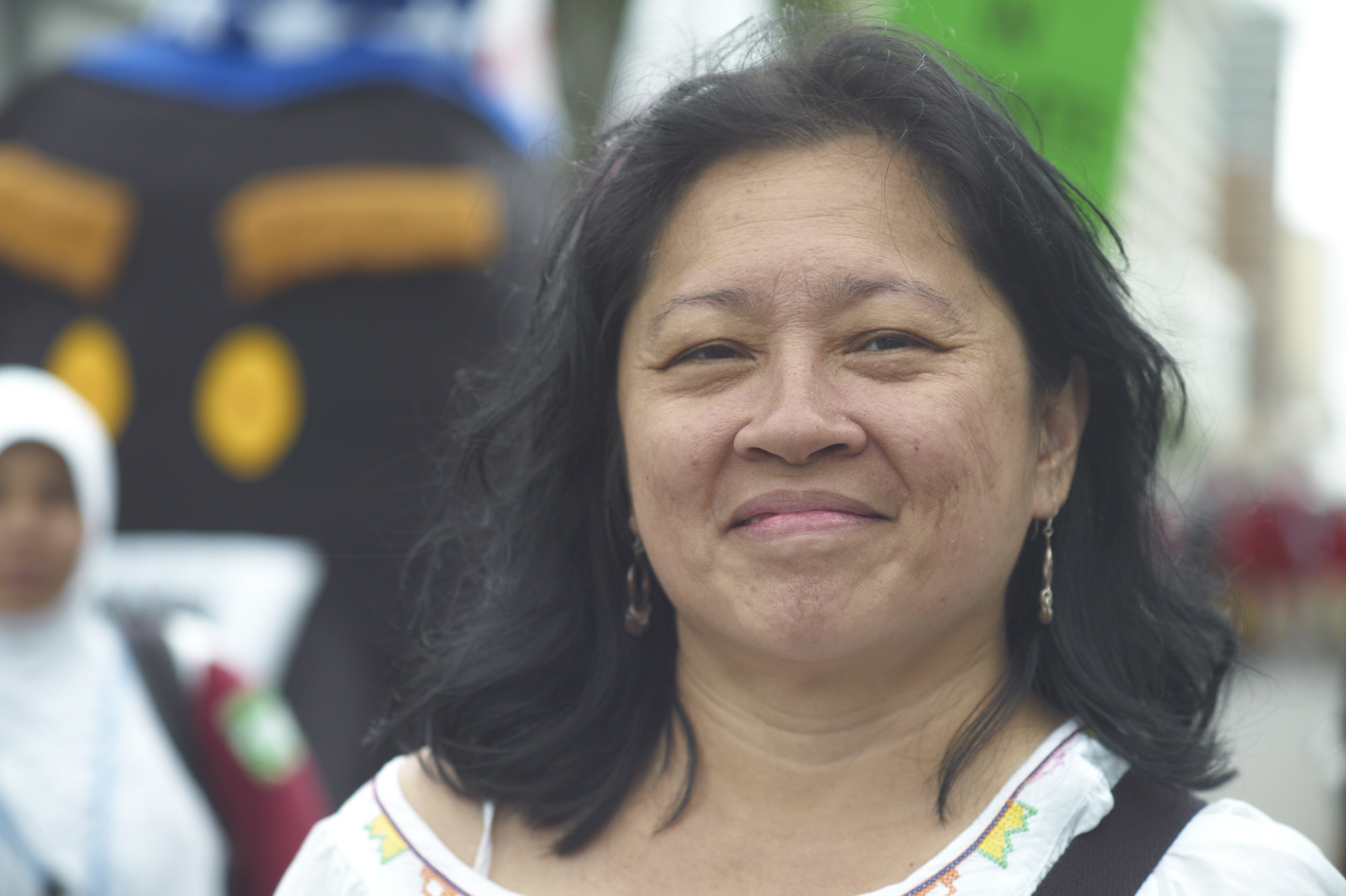
Alde Nilsson
Fridays For Future
Alde Nilsson is a climate justice activist based in Söderhamn, Sweden, who has been school striking for the climate as part of the Fridays For Future movement since 2018. Together with Fridays For Future Sweden, they work to mobilise Swedish society against the climate crisis and the social crises it’s interconnected with – putting pressure on leaders and calling out injustice and inaction. They also organise concerts for climate justice with Climate Live Sweden.

Ina Maria Shikongo
Namibian frontline defender
Ina Maria Shikongo is a frontline defender from Namibia fighting against the extraction of fossil fuels and calling for systemic change in politics, economics and everything in between. She is currently involved in the on the ground fight to stop ReconAfrica, a Canadian oil company, from attempting to frack the Okavango Delta. Her life has been much shaped by the experiences of conflict and Cold War geopolitics – she was born and grew up in exile as an apartheid refugee, partly in East Germany. She has a background in art and fashion design, and has in recent years been relating closely with FFF as an adult supporter.
